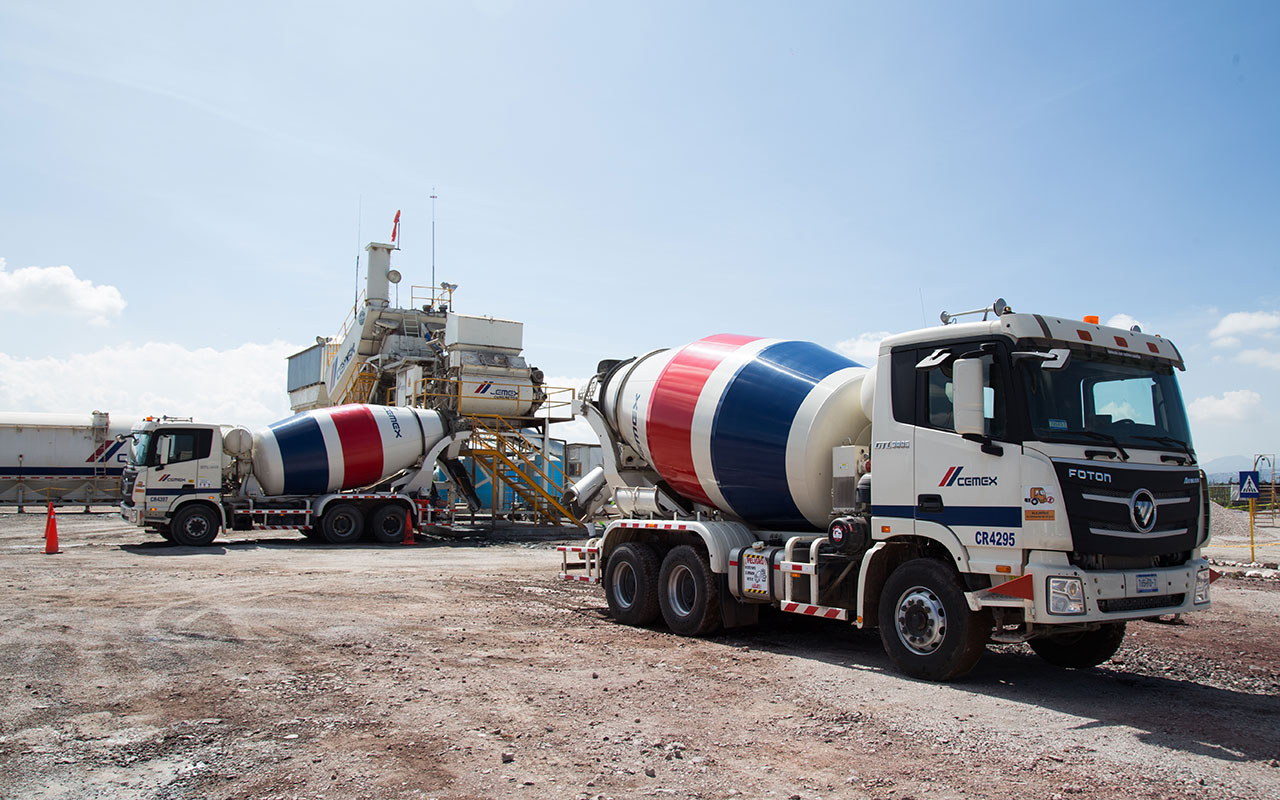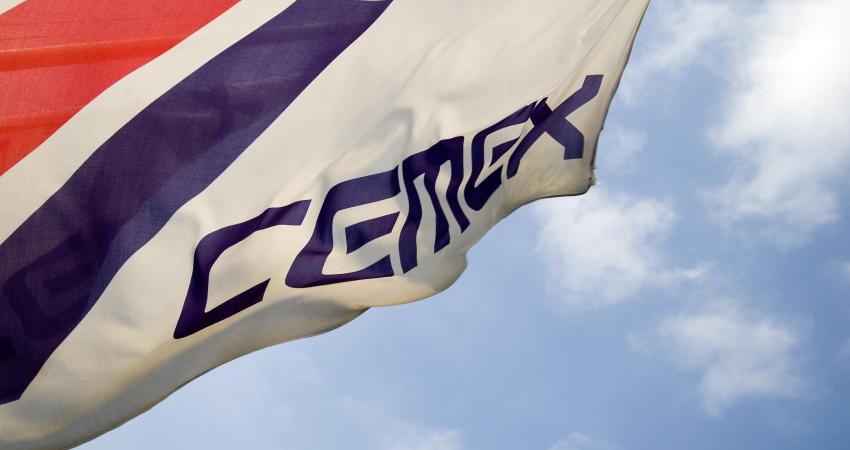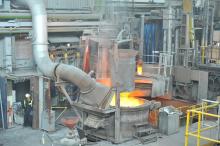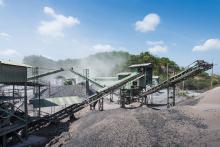
The approach seeks to improve the quality of this type of recycled aggregate by plugging the porosity and ultimately reducing the impact of CO₂ in concrete contained in structures.
CEMEX is involved in this working group focused on the transition to concrete as well as applications to prefabricated parts and structures, and in understanding the accelerated carbonation mechanism for recycled concrete aggregates.
The FastCarb Project started in 2016 with a multidisciplinary group of partners, such as public organizations, private research centres, contractors, engineering companies, laboratories, and different industries, including CEMEX. The project works to design and implement an accelerated carbonation process at pre-industrial scale to store CO₂ in the aggregates of recycled concrete, and to characterize the environmental and economic viability of the process industrial recycling envisaged.
After completing the first phase of the experimental approach at the laboratory level with promising preliminary results, the project is now entering the second phase seeking to tackle the industrial approach. In this industrial approach phase, CEMEX was recently assigned to evaluate the physical and mechanical properties of the carbonated recycled concrete aggregates when used in ready-mix concrete in the laboratory facilities at the National Technical Centre CEMEX France.
“This initiative is a relevant component of our ambition to deliver net-zero CO₂ concrete globally to all of our customers by 2050,” said Vicente Saiso, CEMEX’s director of Sustainability. “FastCarb aims to allow us to develop the circular economy of concrete by improving the quality of recycled concrete aggregates.”









